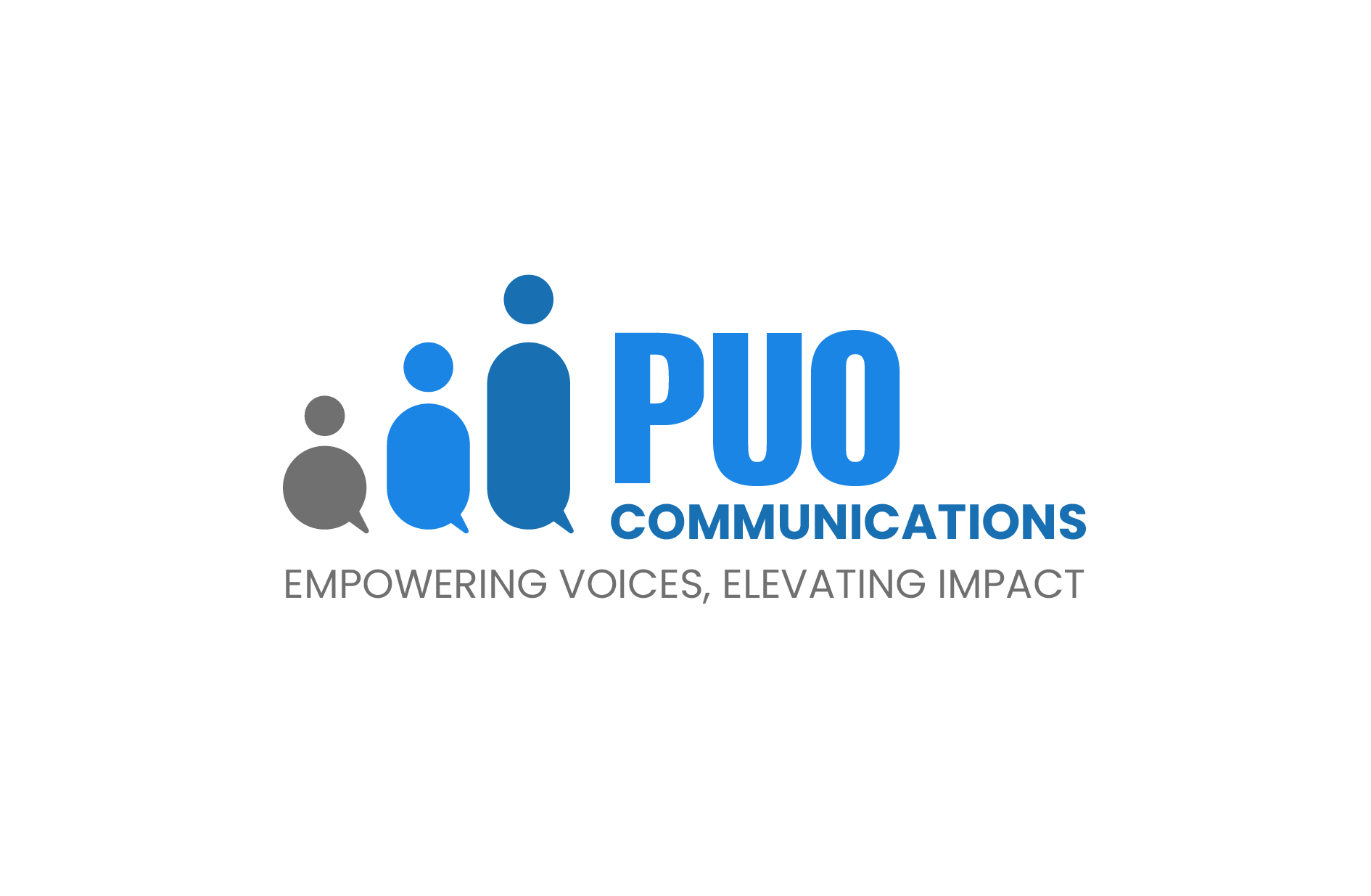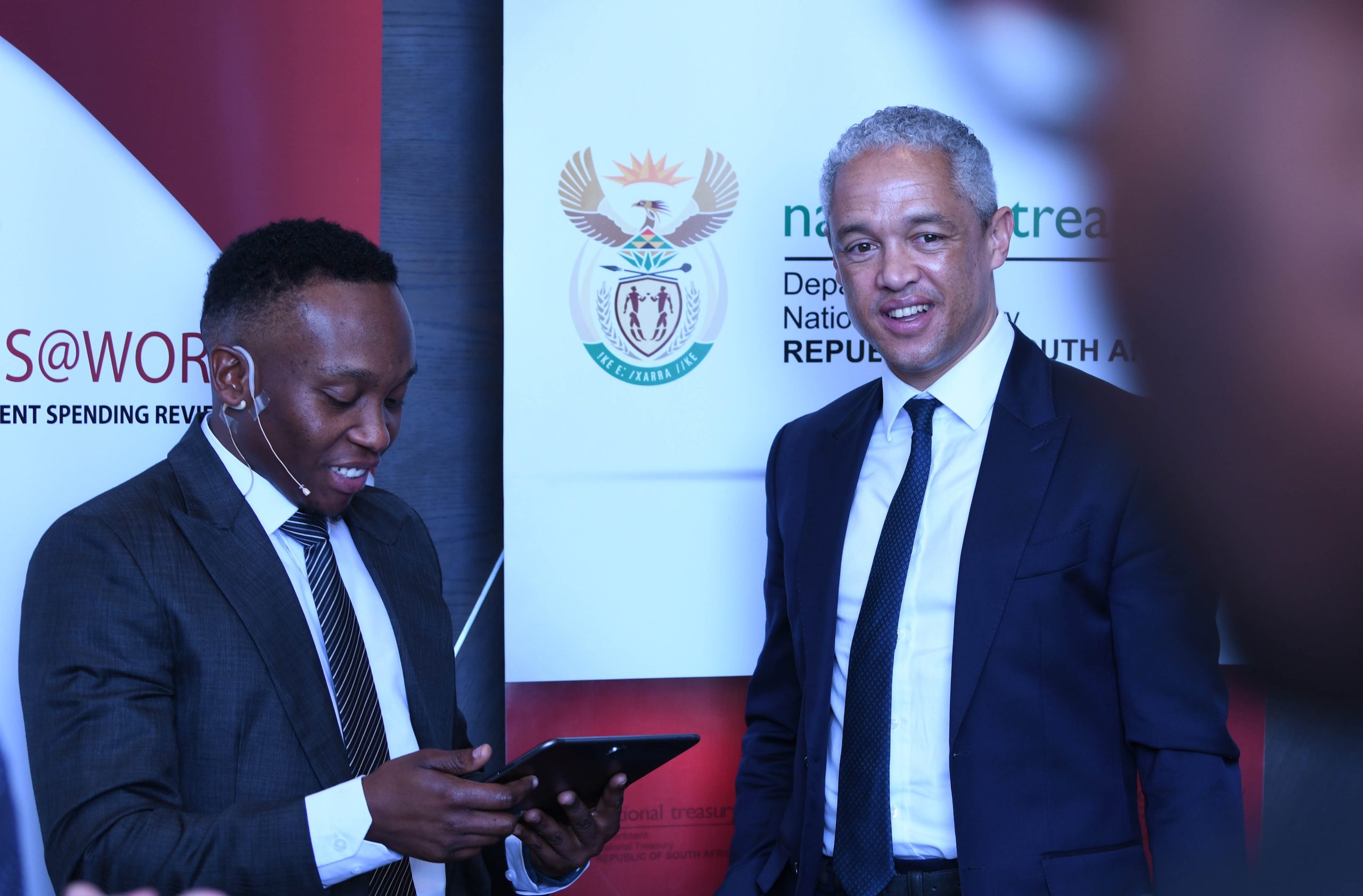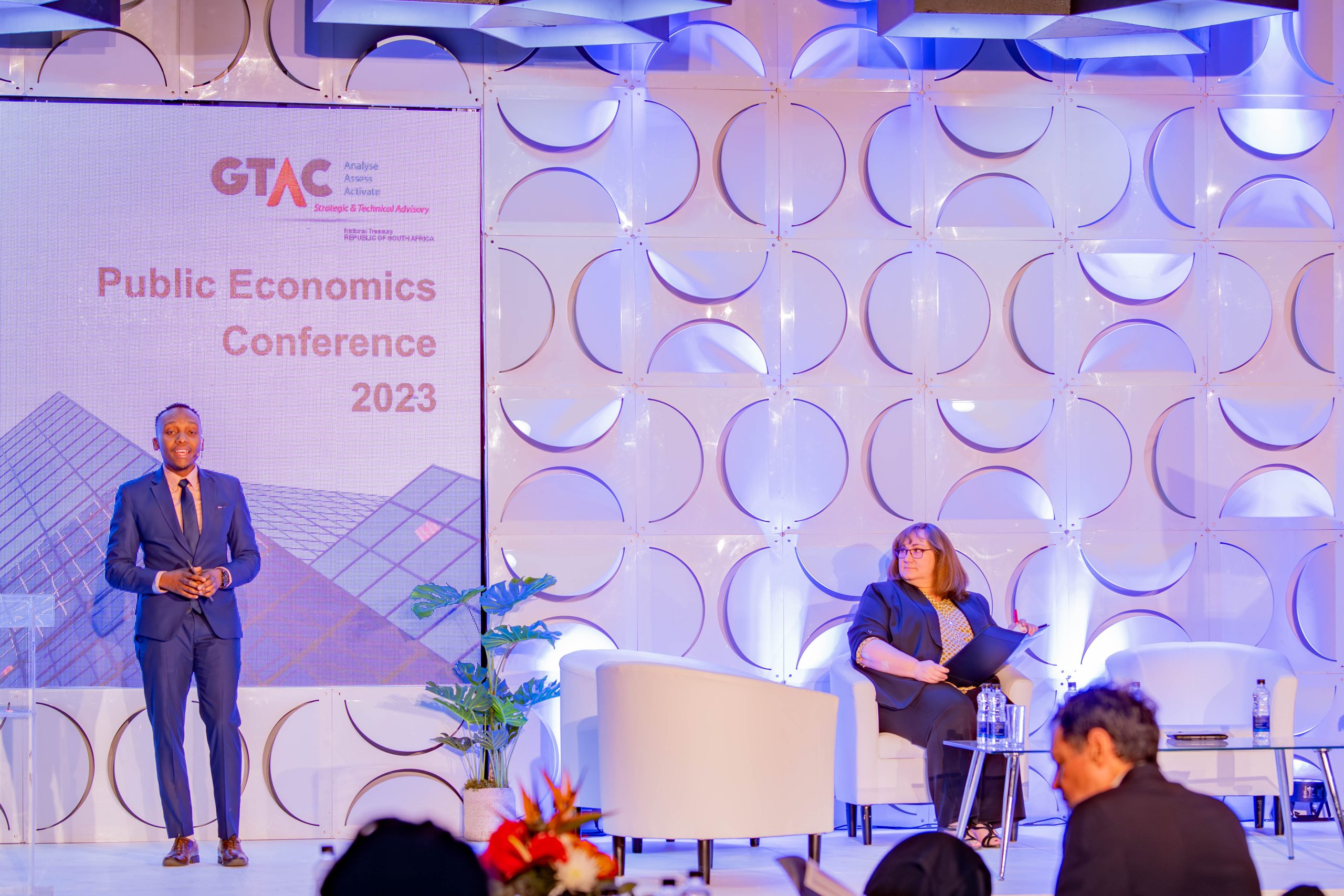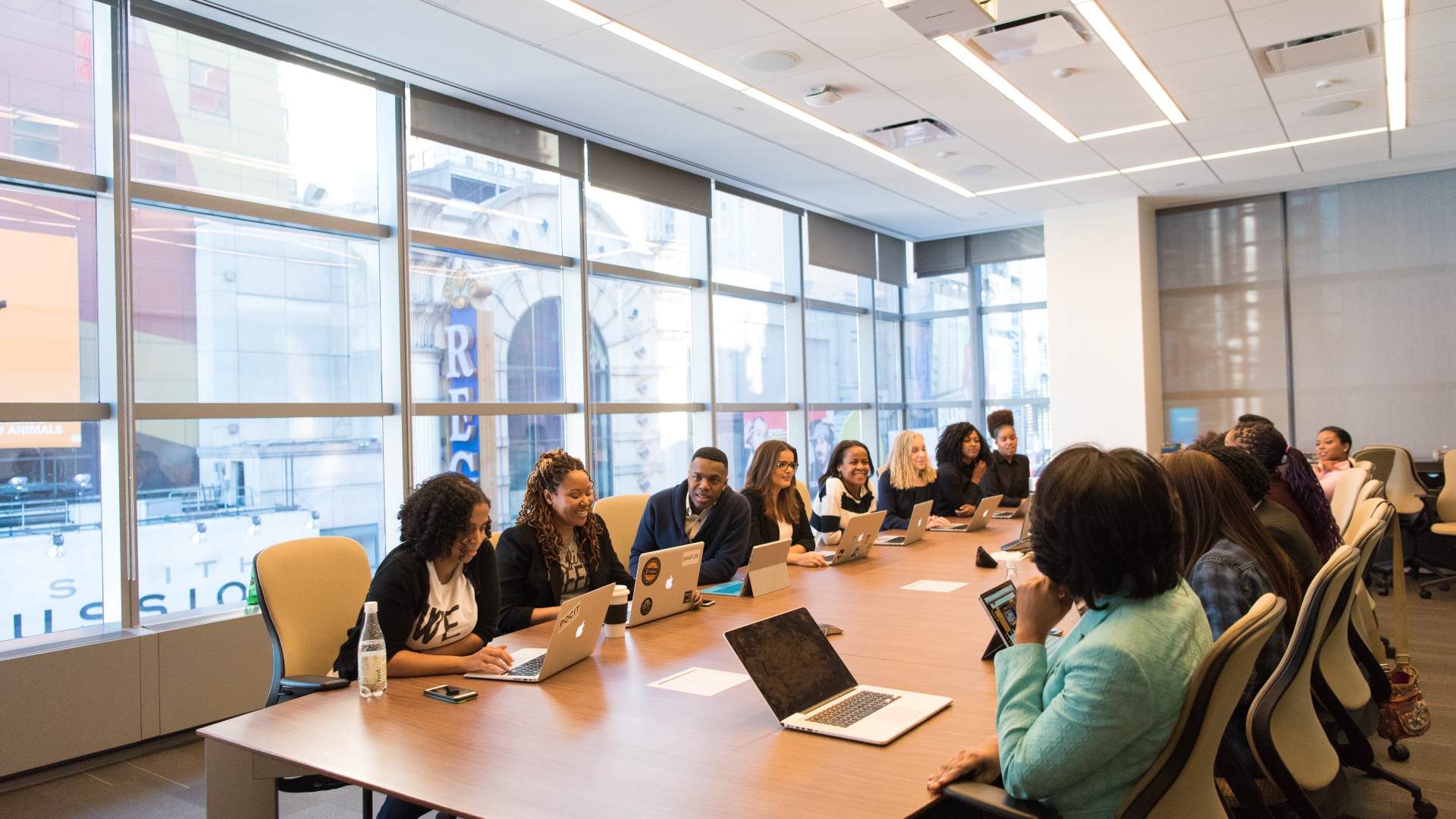By Vusi Maupa
A key tenet for democratic maturity in the digital age is the ease, speed, and effectiveness with which ordinary citizens can interact with government institutions and access services. In contrast to colonial South Africa, where government services, including telecommunications services supplied by South African Post and Telecommunications, were privileges reserved for the minority, access to technology and digital services today is an essential democratic requirement.
Three decades into democracy, a cursory examination of developmental indices reveals, at best, a bleak scenario, as a significant portion of South Africans remains entrenched in dire conditions characterised by a technology divide and sluggish access to government services. Census 2022 indicates a significant enhancement in household access to modern devices, such as cellphones (92.1 per cent, up from 32.3 per cent in 2001); nonetheless, infrastructure, specifically broadband connectivity for all citizens, and affordable internet access continue to pose considerable obstacles.
Recognising this challenge and the pressing need to improve citizens access to technology and data, which, by interpretation, the Universal Declaration of Human Rights recognises as a basic human right, the South African Government Technical Advisory Centre (GTAC) organised a three-day symposium under the theme Technology and Data for Enhanced Government Service Delivery. The symposium, held from 3 to 5 September 2024 in Pretoria, was attended by a carefully curated mix of local and international public institutions, students, representatives from all levels of government, state-owned enterprises, and the private sector. As the facilitator of the conference, I was astounded by how this variety brought together a multitude of ideas towards a nation that is connected through technology, enriching the discussions.
Dr Duncan Pieterse, Director-General of the National Treasury, Edward Kieswetter, Commissioner of SARS, and Dr Melanie Garson, Associate Professor at the Tony Blair Institute for Global Change and University College London, were among the conference panellists. The conference acknowledged the urgent challenge of South Africa’s inadequate internet access and infrastructure and offered several solutions. Mr Kieswetter, for example, put a startling emphasis on the need “to start with a clear business strategy focussing on using data technology to enhance the taxpayer’s experience” when creating a digital strategy that is citizen-focused. The South African government is still lagging in terms of applying technology and data efficiently, however, there are two areas where digitalisation is being observed in government: service delivery departments and policy departments like the National Treasury. The latter entails employing data analytics to influence policy and the former involves building evidence-based service delivery programmes. Dr Pieterse gave the delegates a refresher on the digital enrolment and verification measures the government put in place during the COVID-19 pandemic. The National Student Financial Aid Scheme, Home Affairs, the Unemployment Insurance Fund, and other databases were used by the government as it made the switch to digital methods for Social Relief of Distress Grant enrolment and verification. They were able to confirm income records and examine eligibility as a result. The demand to use data and analytics to improve service delivery and inform policy is what needs to propel digitisation in government.
In the African continent, the challenge of access to technology and data is more acute. Reminding the audience that Africa “remains the least connected region, with only 37.1 per cent of the population using the internet in 2023, compared to the global average of 67.4 per cent,” was one of the presenters, Dr Allison Gillwald, Executive Director of Research ICT Africa. “Seismic shift to greater equality” would result from Africa overcoming this obstacle. The director of the University of the Witwatersrand’s LINK Centre, Dr Lucienne Abrahams, argued that African governments are not yet prepared to accept technology and its complications. She used the State Information Technology Agency (SITA) of South Africa as an example. She claims that many organisations, such as SITA, are still ill-prepared to run and develop widespread digital government. Though the conference speakers brought up several issues and challenges, the truth remains that the world is evolving at a rapid pace, and technology is at the forefront of this evolution. Governments in Africa need to realise that the necessity for digitisation is not optional, but a mandatory requirement that arises from global digital advancements that are reshaping how businesses operate.
To cut red tape and administrative hurdles and increase public access to government, it is imperative that government services be digitalised in a way that prioritises citizens. However, as things stand, South Africa and, by extension, Africa are not ready for a wholesale digitalisation of government services, as this will widen the digital gap and, like in colonial South Africa, marginalise the majority of citizens from government services. This presents a serious challenge for inclusion and, at the very least, interoperability, since the policies that are developed and implemented are going to exclude those who are most in need. The South African government needs to expedite the efforts to narrow the digital divide by making available broadband network for all citizens and affordable access to the internet. Such an expedition serves as a great litmus test for South Africa’s democratic maturity.






